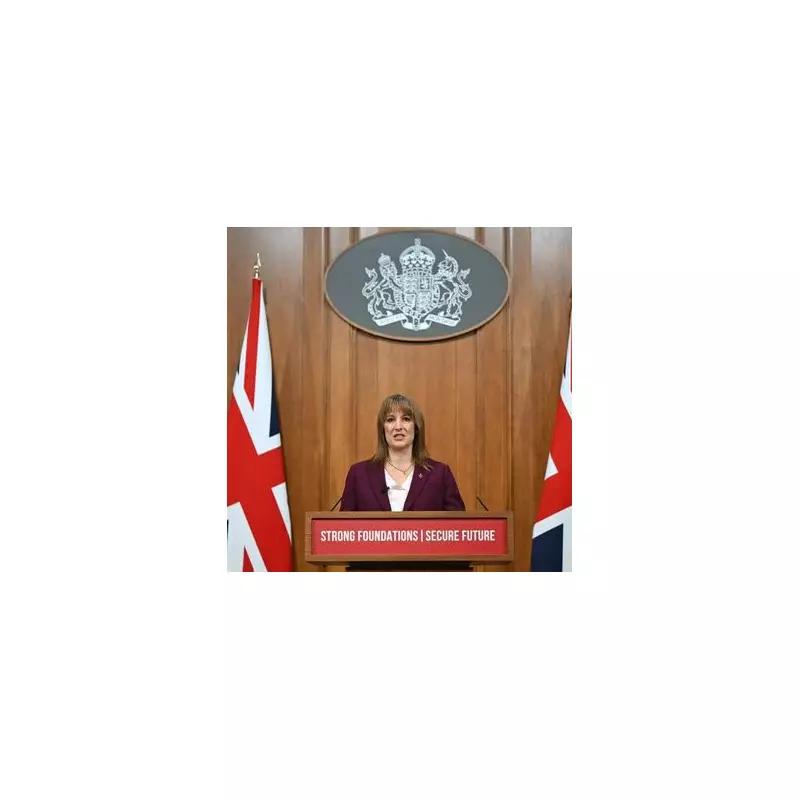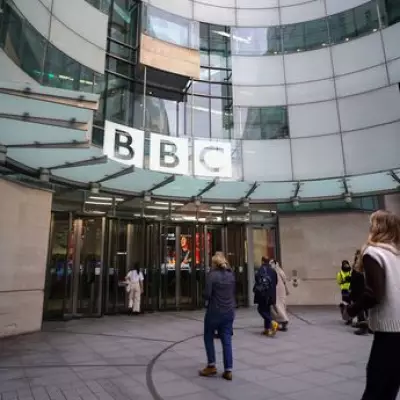
Chancellor Rachel Reeves has sparked intense speculation about potential tax hikes in her Autumn Budget after repeatedly declining to rule out increases during a tense grilling by MPs.
The Treasury chief faced a barrage of questions from the Commons Treasury Committee about whether taxpayers should brace for higher bills, but remained steadfast in her refusal to provide concrete assurances.
Economic Reality Bites
Ms Reeves defended her cautious approach, stating: "I don't think it would be responsible for me to sit here so soon after the Budget, before we've had the OBR forecast and before we've had the Office for National Statistics data, to make those kinds of determinations."
The Chancellor's evasive stance comes amid growing concern about the state of public finances inherited from the previous Conservative government. She revealed the Treasury is currently grappling with £23 billion worth of outstanding spending commitments made by her predecessors.
Mounting Pressure and Political Fallout
The political temperature rose significantly as Conservative MPs accused the Chancellor of preparing to break key election promises. Former Business Secretary Sir Jacob Rees-Mogg led the charge, suggesting Labour was "laying the ground" for tax increases despite previous assurances.
Ms Reeves hit back forcefully, declaring: "I don't need any lectures from the Conservative Party who in their final 48 hours in office committed to £23 billion of spending with no way to pay for it."
Spending Review Looms
All eyes now turn to the upcoming spending review, where the Chancellor must make crucial decisions about departmental budgets. Ms Reeves confirmed this would be published before the Autumn Budget, setting the stage for what could be one of the most significant fiscal events in recent years.
With economic growth forecasts being revised downward and public services straining under budget constraints, the Chancellor faces an unenviable task of balancing the books while maintaining Labour's commitment to economic stability.





